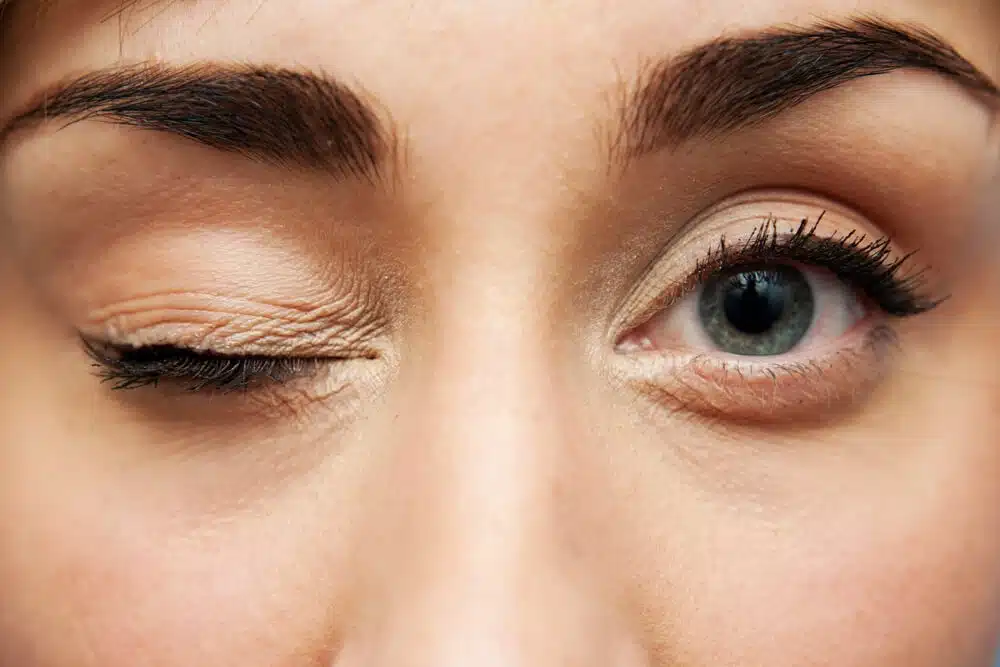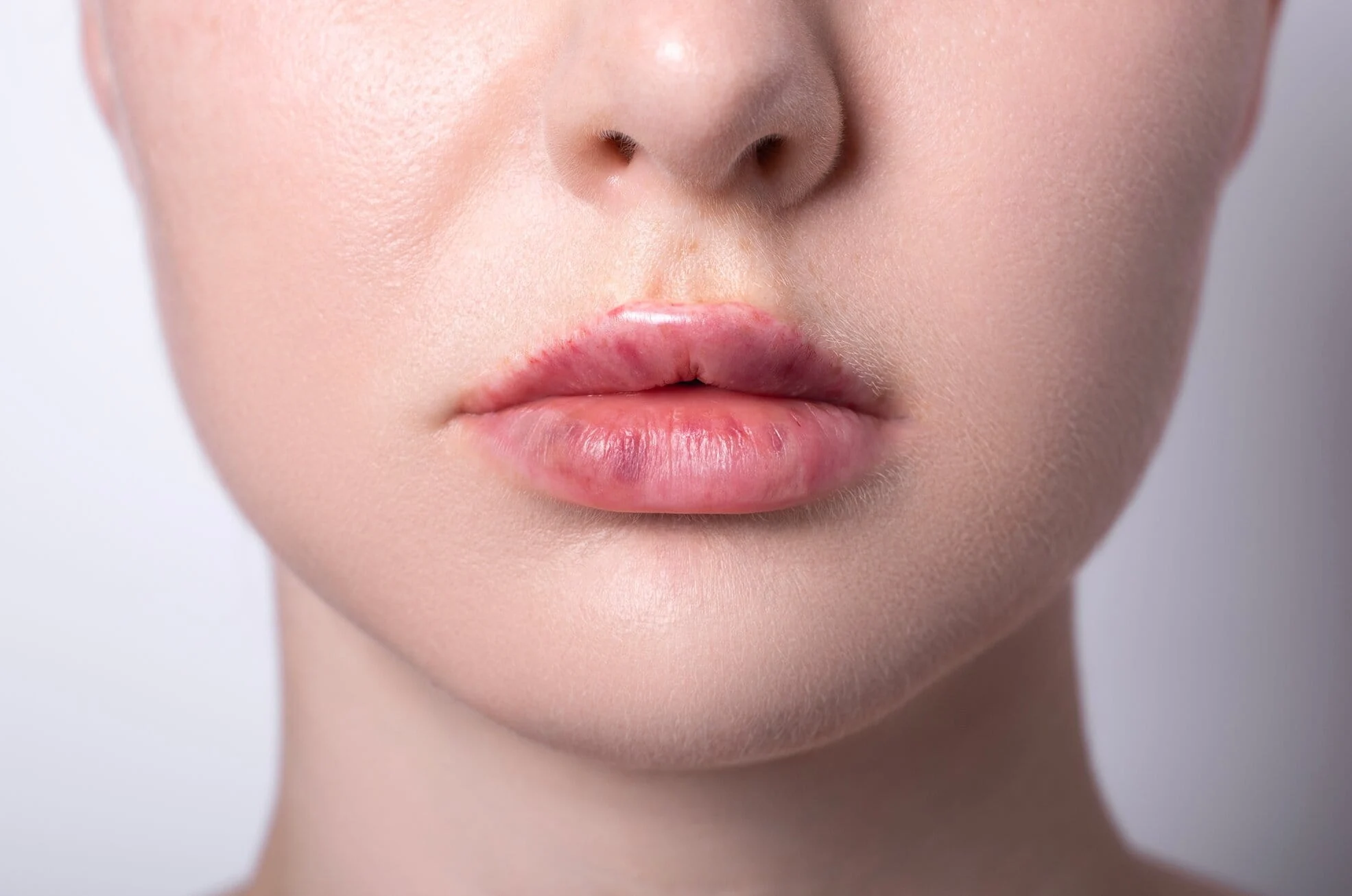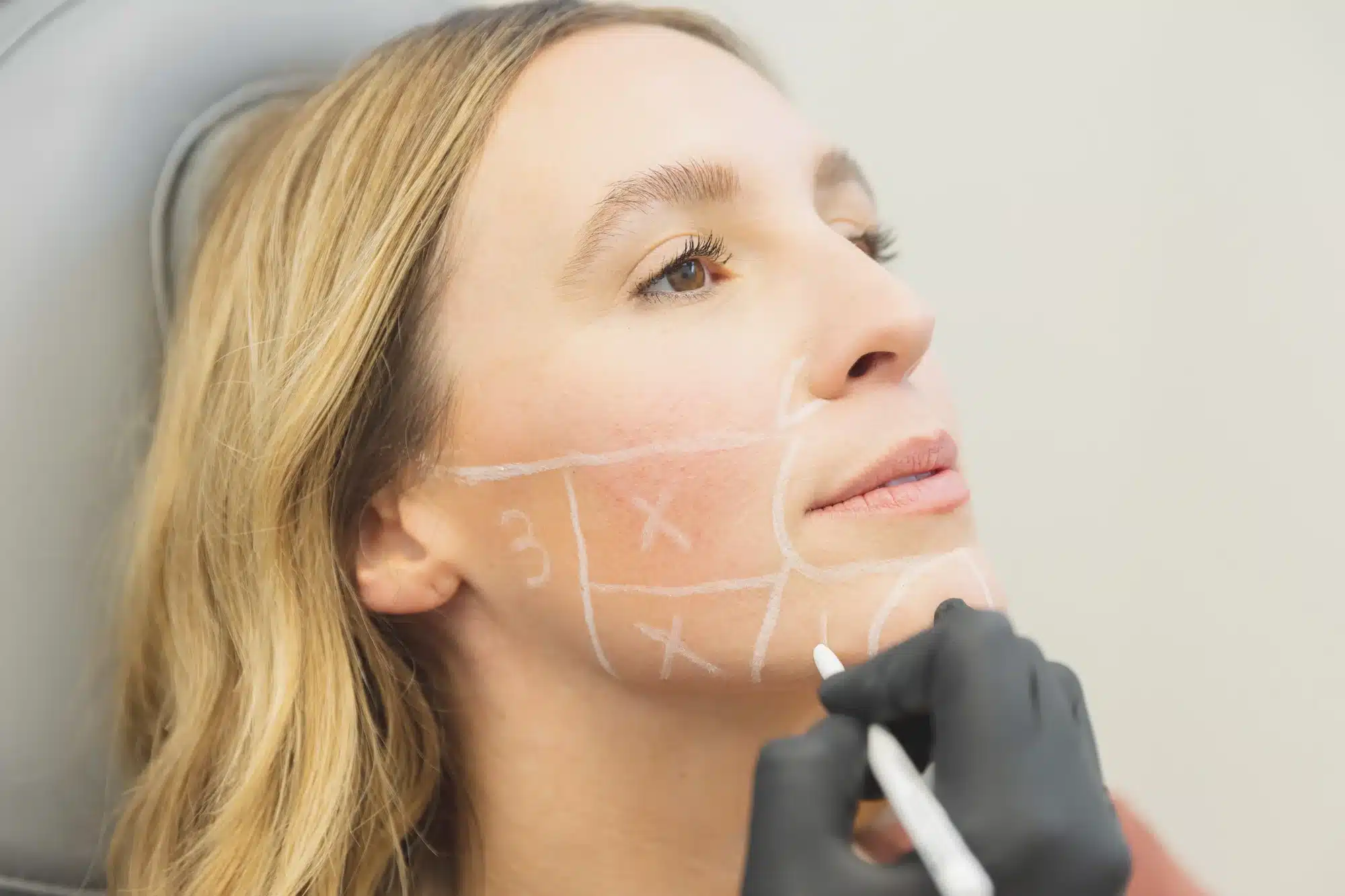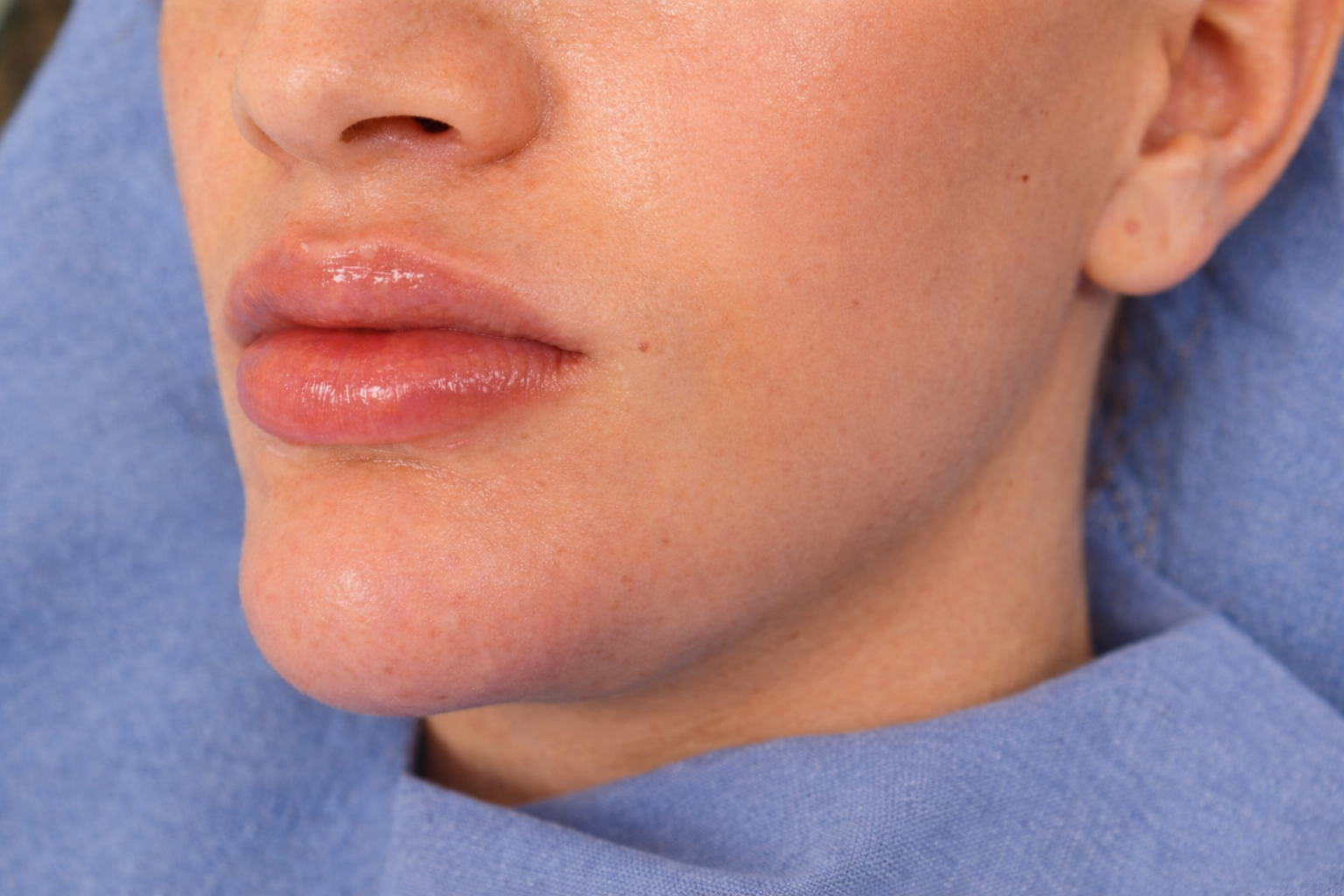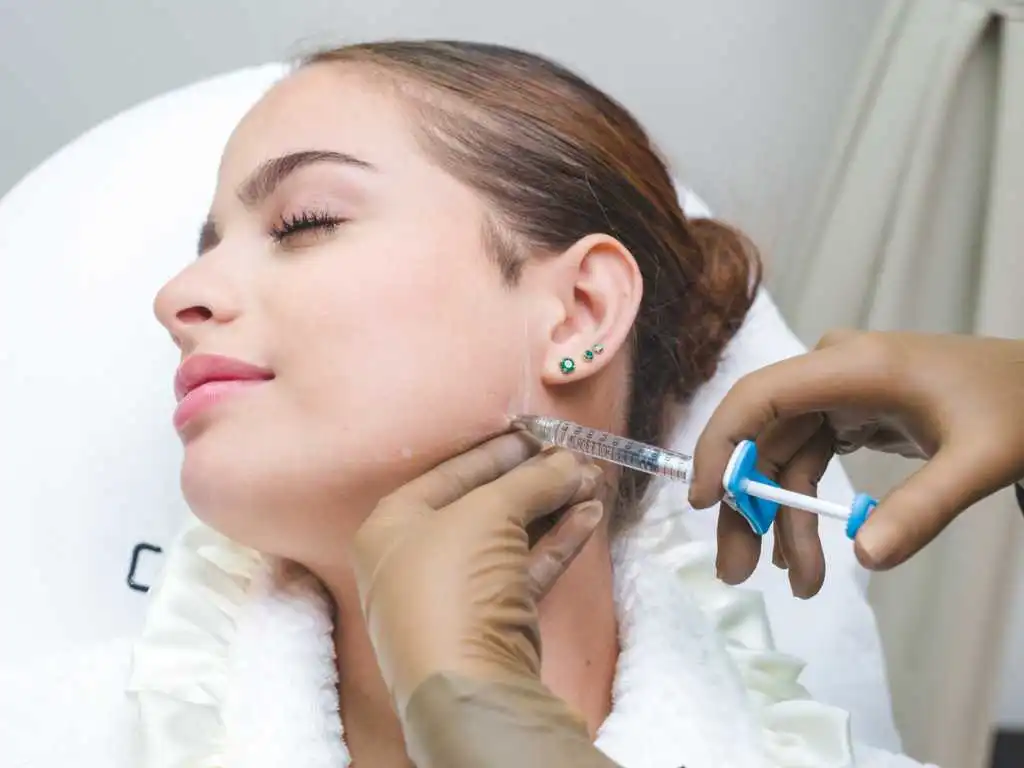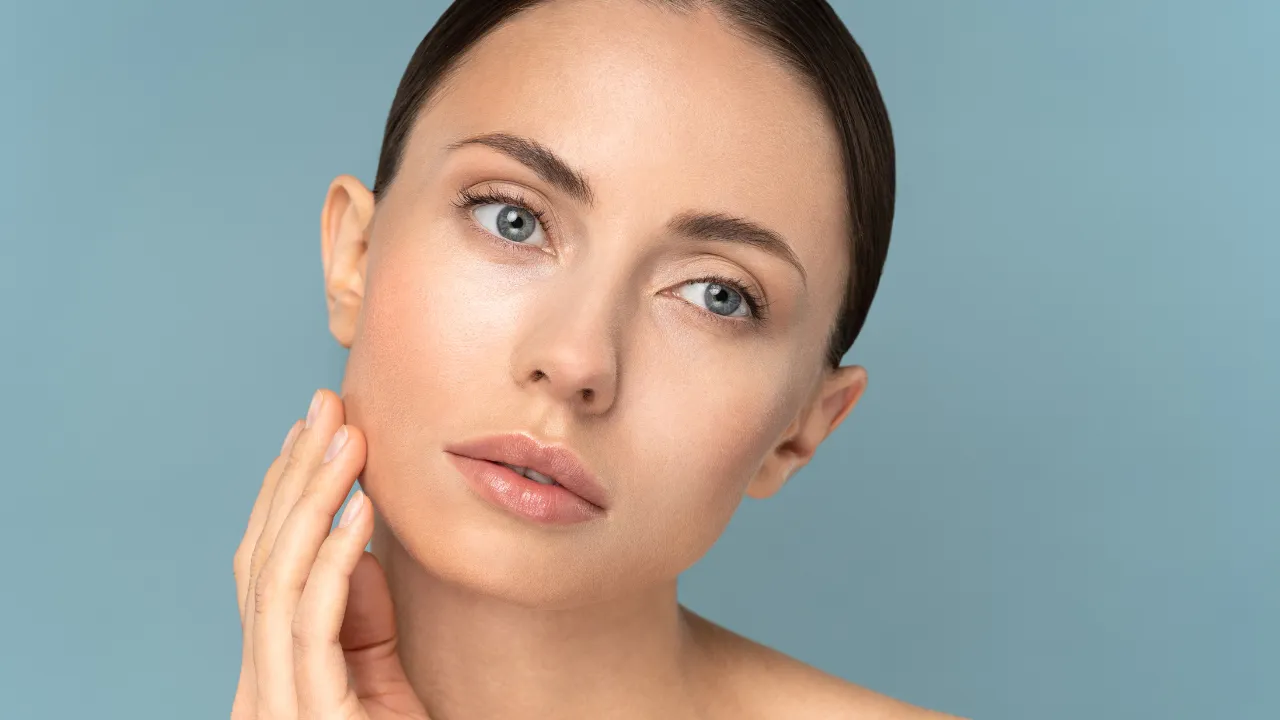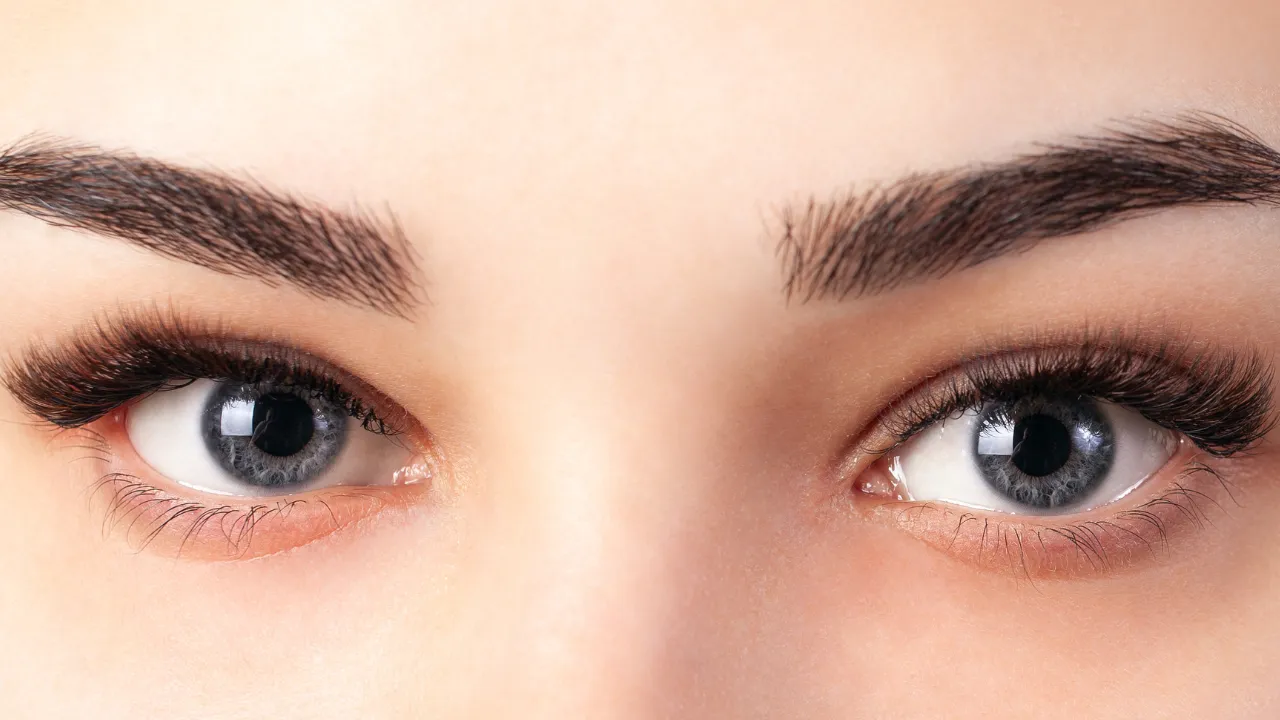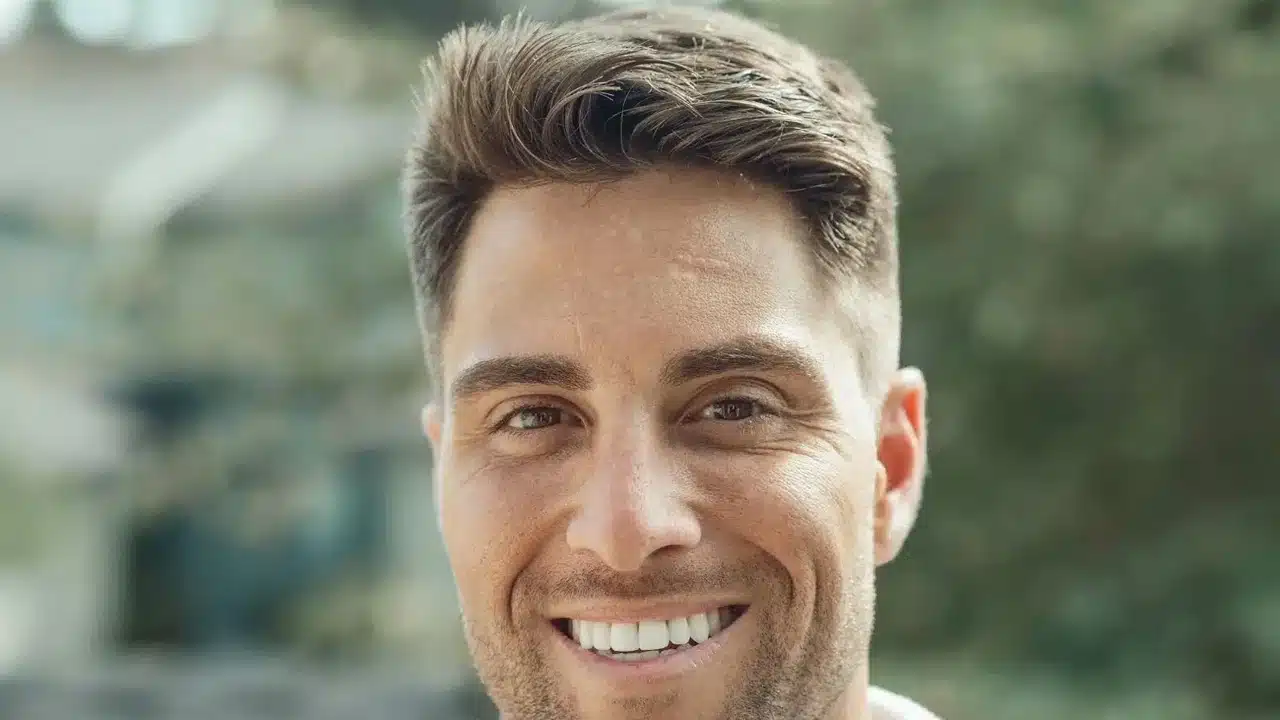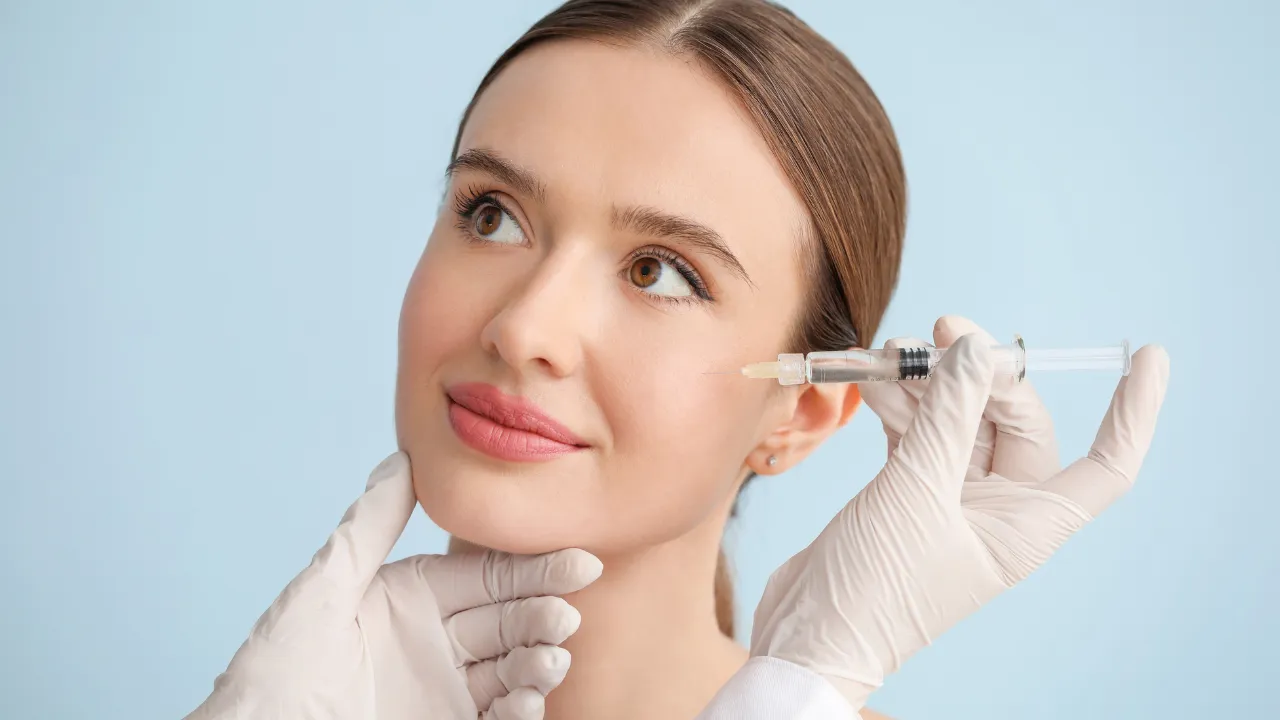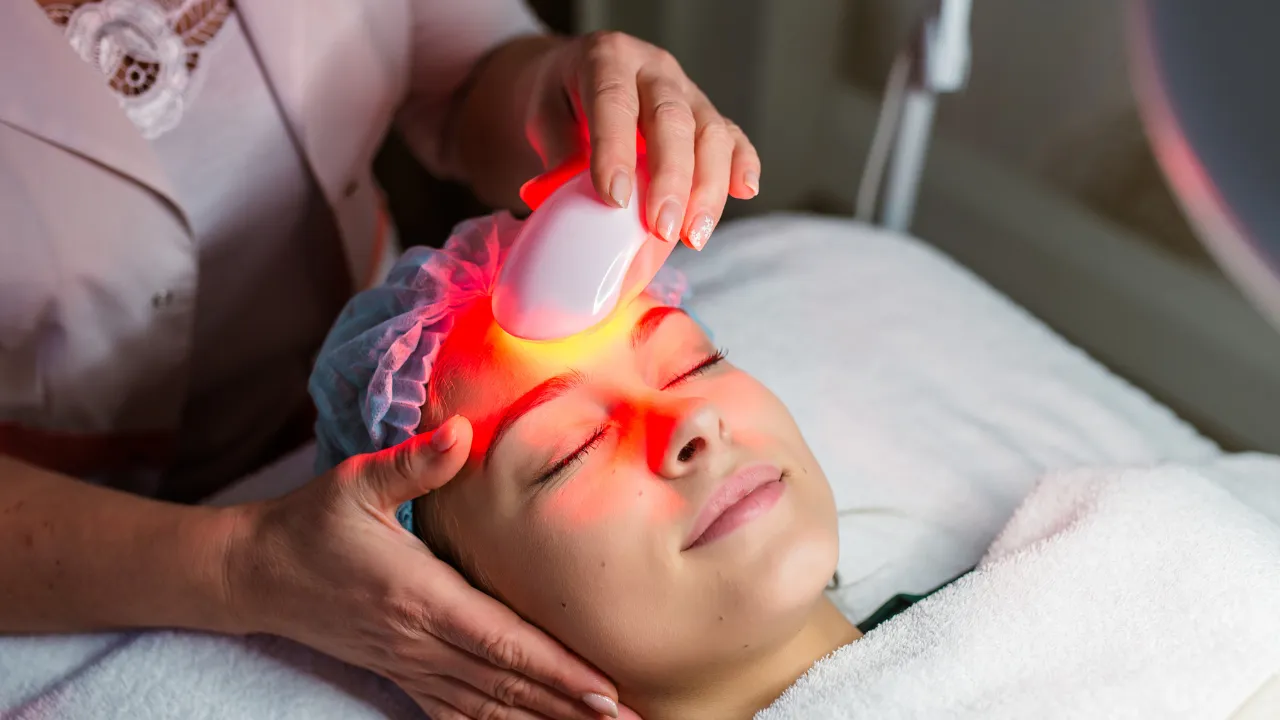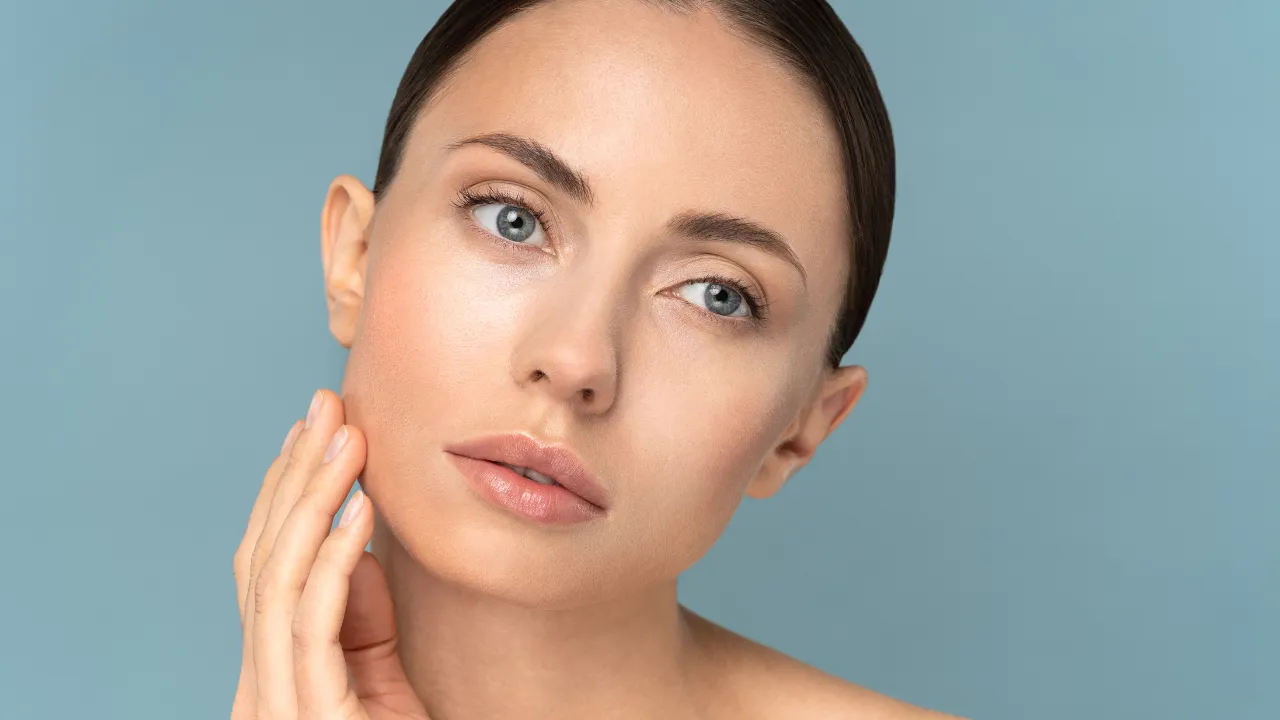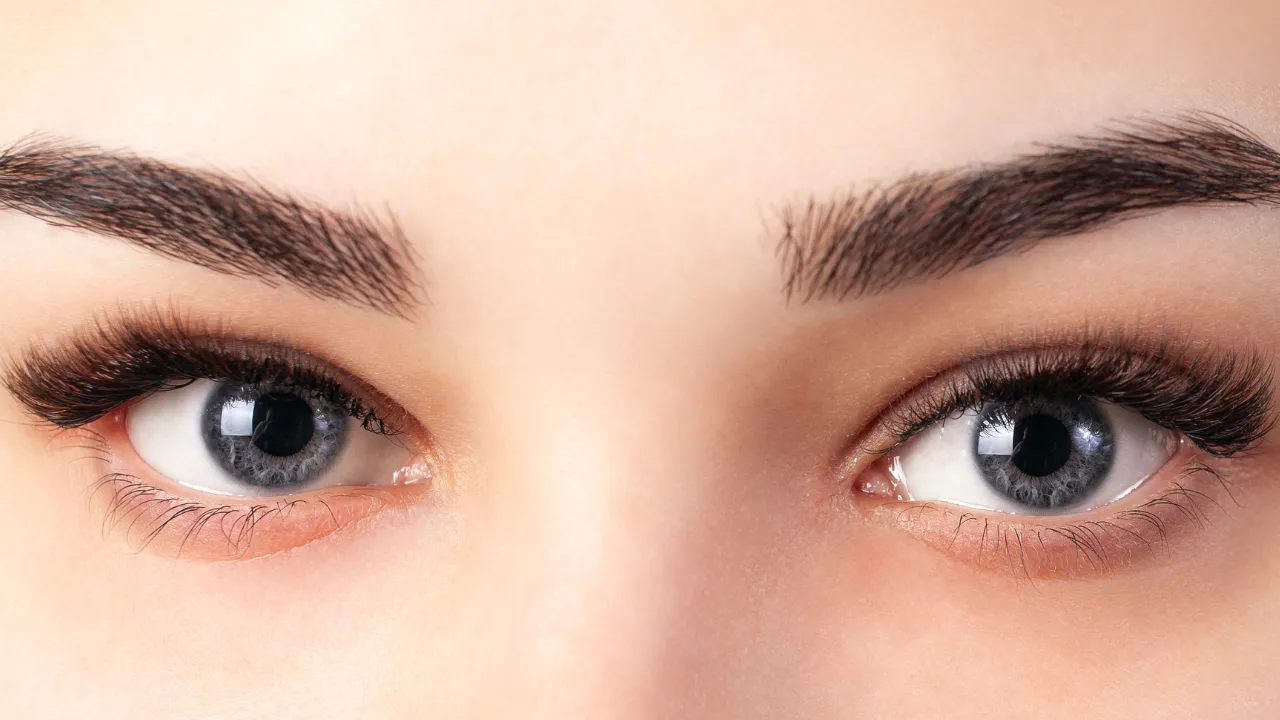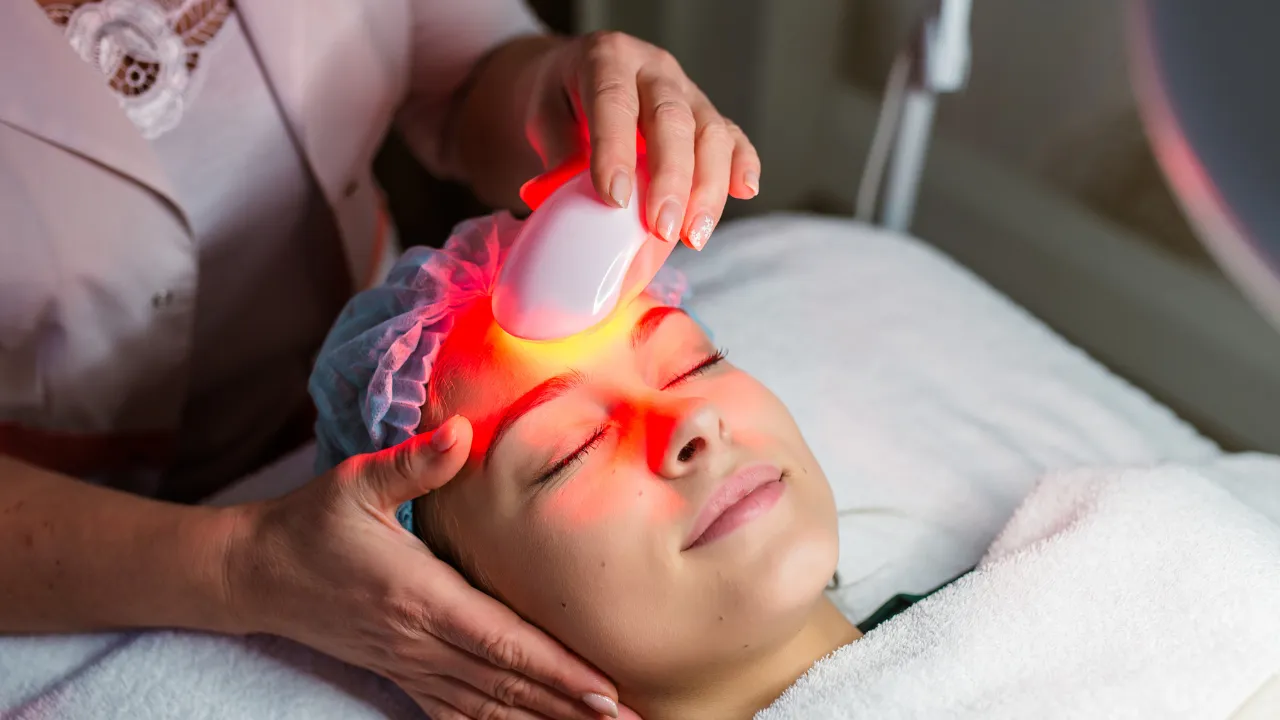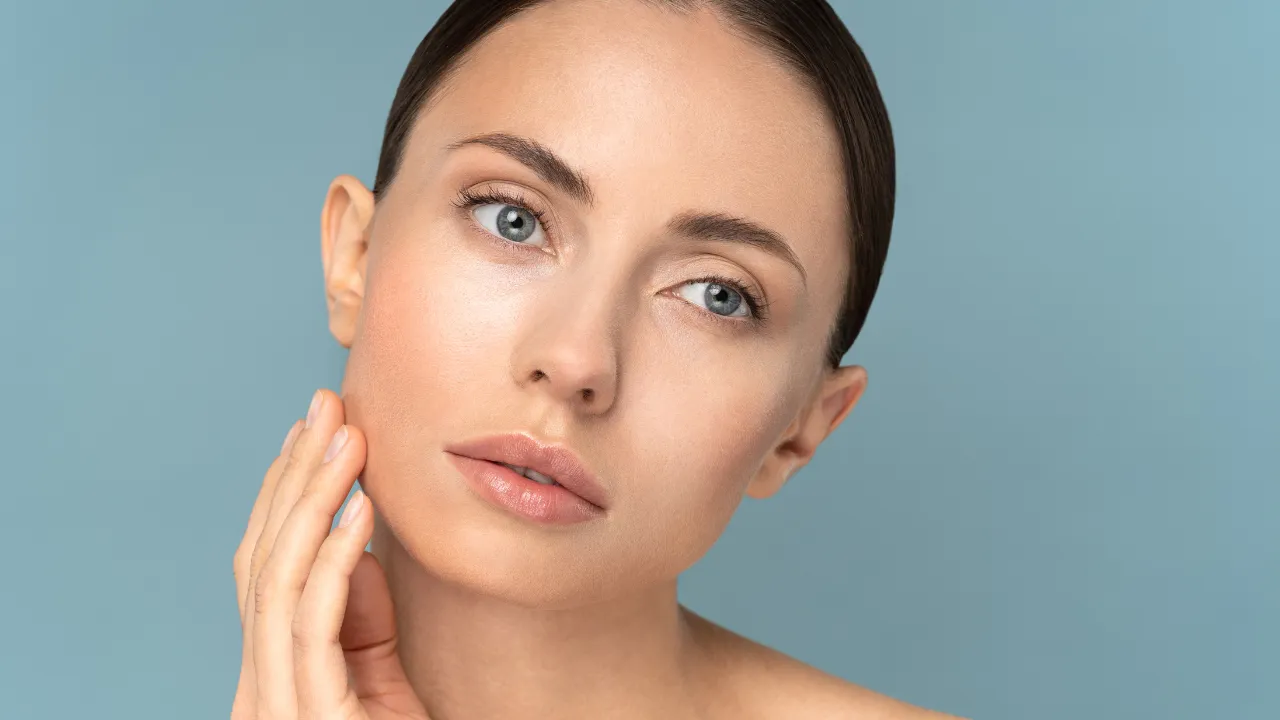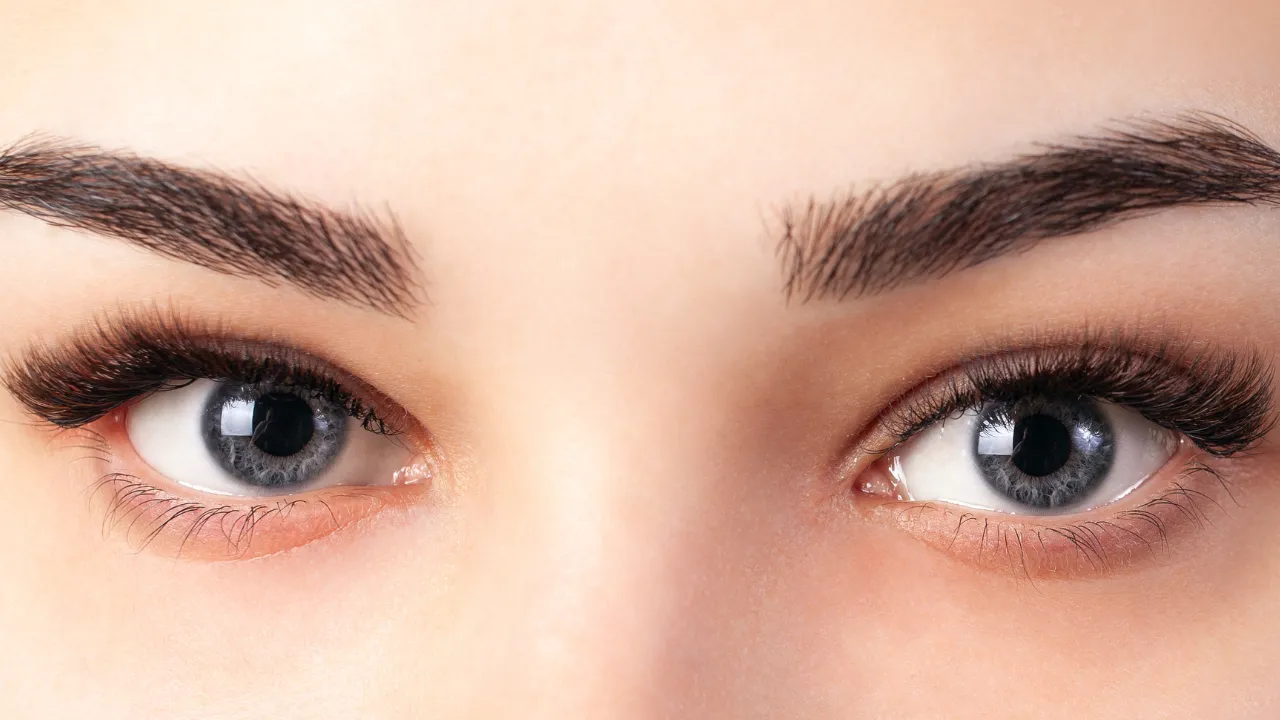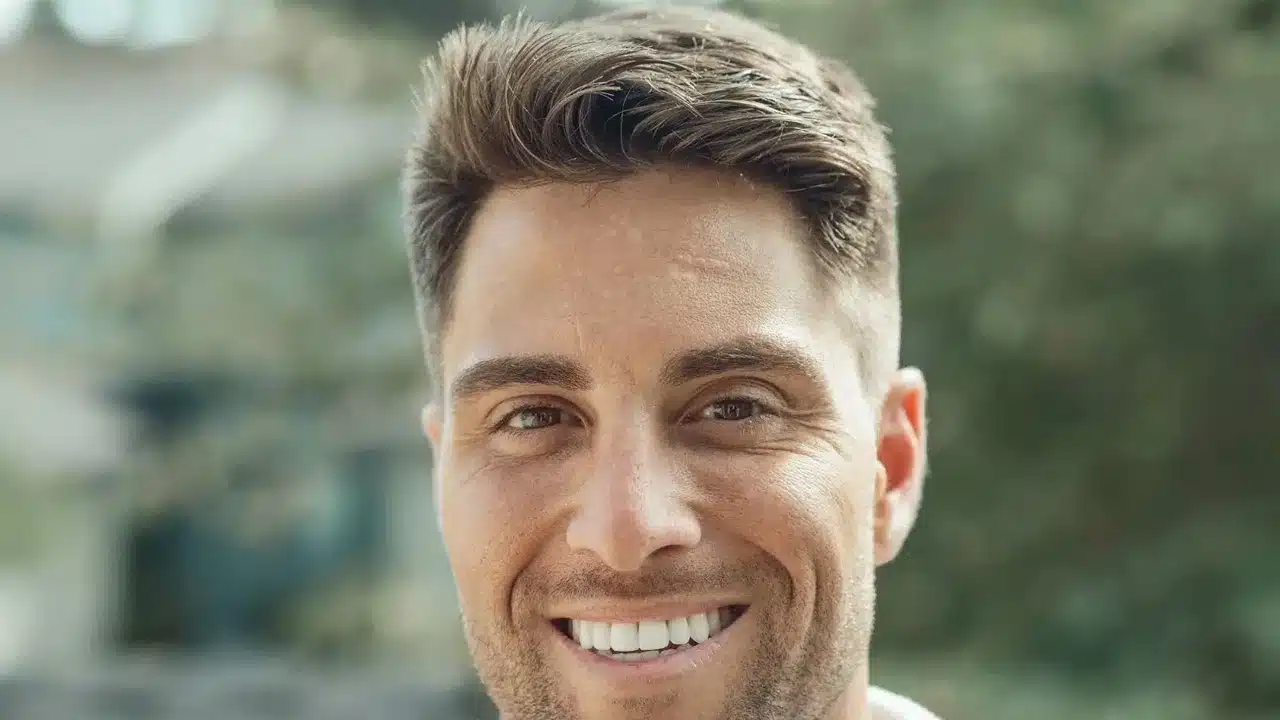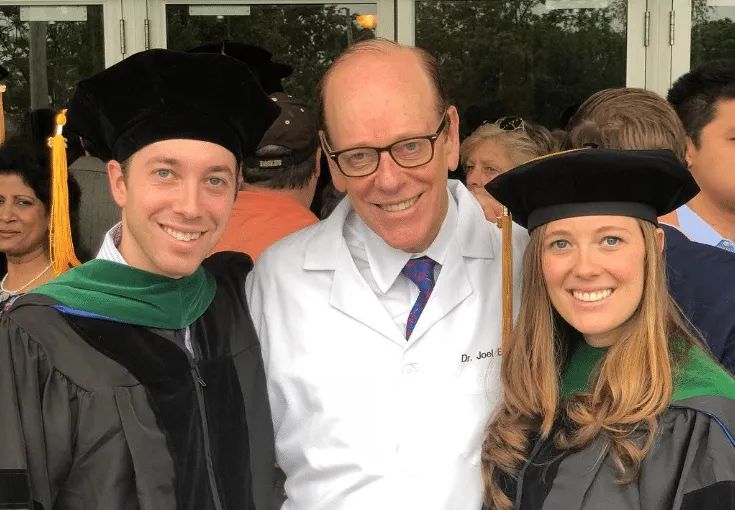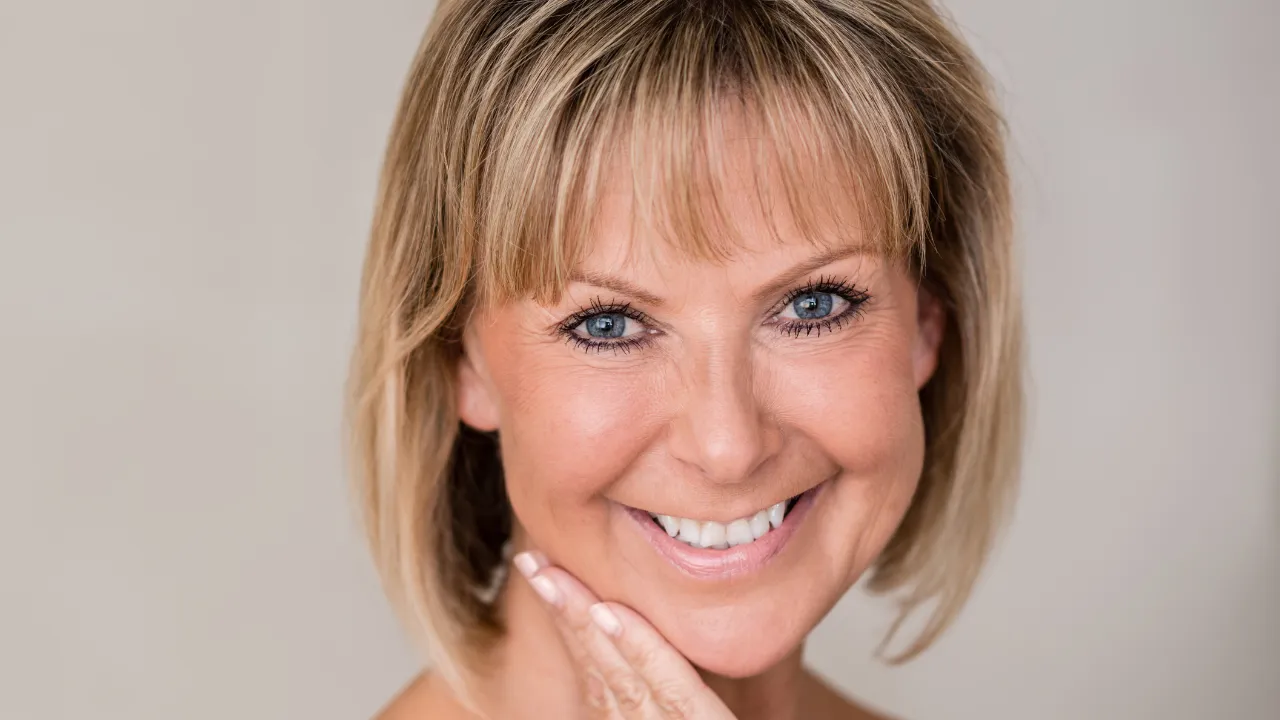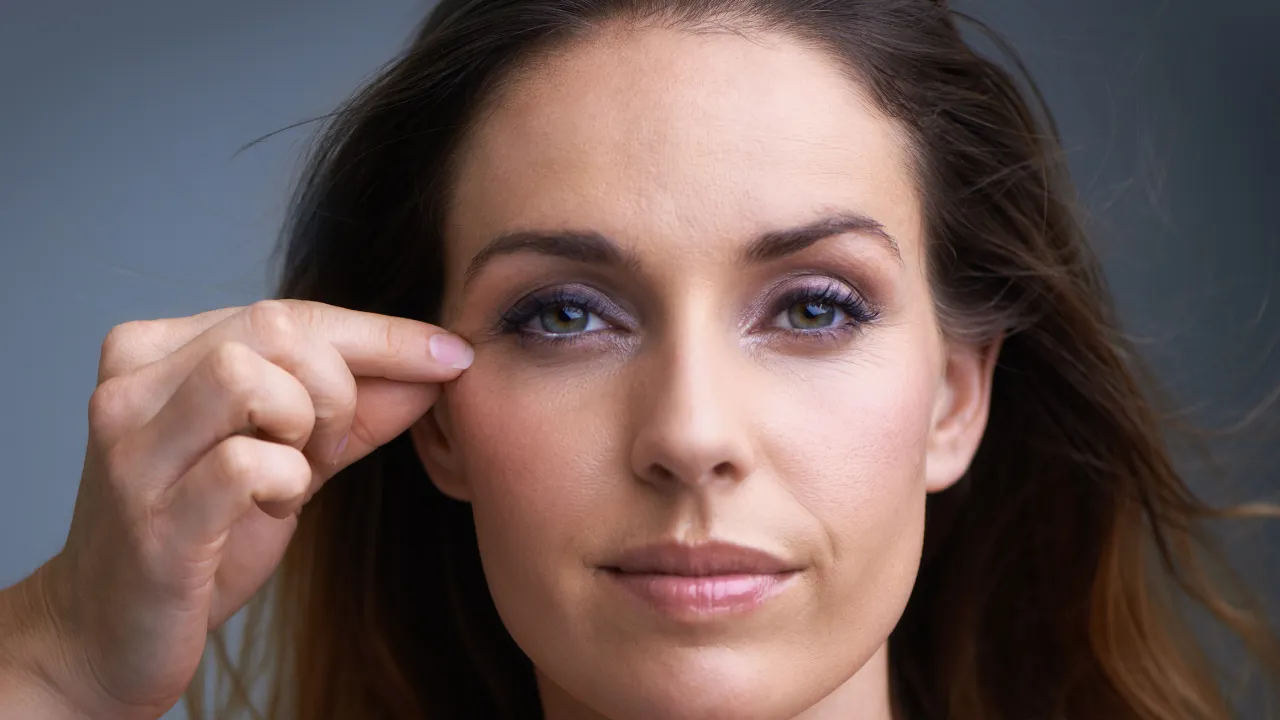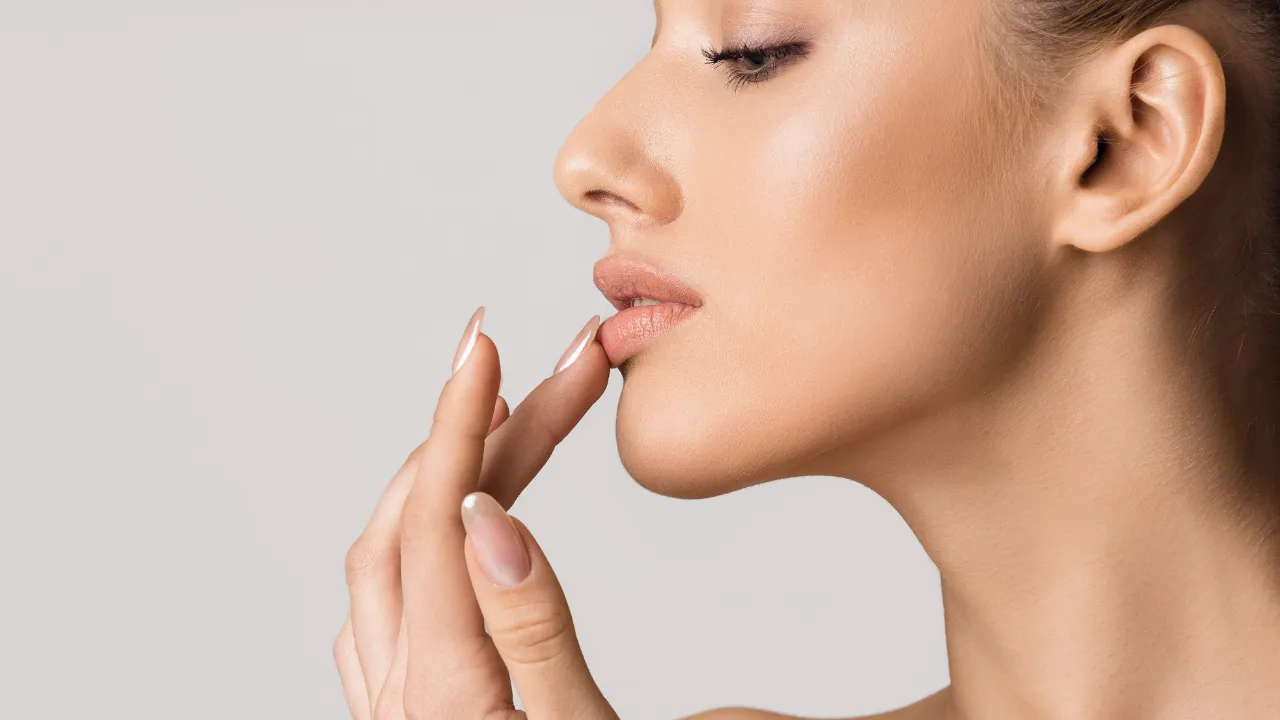If you’re experiencing one eye closing involuntarily, it may point to more than simple fatigue. At Kopelman Aesthetic Surgery in New York City, Dr. Joel Kopelman specializes in eyelid and facial nerve conditions. This guide outlines the most common causes and treatments to help you understand what’s happening and how to manage it.
Key Takeaways
- Involuntary closing of one eye may result from nerve or muscle issues like blepharospasm or hemifacial spasm.
- Ongoing or severe symptoms should be reviewed by a doctor.
- Diagnosis often includes a physical exam and imaging.
- Treatment options include Botox, medication, and sometimes surgery.
- Improving sleep, reducing stress, and limiting screen time may help relieve symptoms.
Table of Contents
ToggleRecognizing Symptoms and When to Worry
If your right or left eye closes on its own regularly, you may be experiencing involuntary closing of the eye. In some cases, it affects only one eyelid; in others, both may be involved. Mild eyelid twitching is common and usually harmless. But strong or repeated involuntary closing of the eyelids may suggest an underlying issue.
If the symptoms are joined by slurred speech or facial drooping, seek urgent medical attention, as these could mimic stroke signs. Drooping or folding of the upper eyelid may also point to issues with the eyelid muscles or facial nerves.
Common Patient Experiences
Many people notice their eyelid involuntary closing gets worse when tired, stressed, or exposed to bright light.
They might feel muscle contractions near the eye or forehead. In some cases, eyelid twitching happens during screen use or while reading, which can interfere with daily activities.
When to Seek Immediate Medical Attention
See a doctor promptly if you experience:
- Double vision or loss of vision
- Trouble speaking or smiling evenly
- Balance issues or trouble walking
- A sudden, intense headache
Dr. Kopelman recommends early evaluation if symptoms are persistent or affect your quality of life.
Risk Factors You Should Know
This condition is more common in people over 50, especially with a medical history of facial trauma, nerve disorders, or movement disorders.
Conditions like benign essential blepharospasm and focal dystonias are linked to the basal ganglia, a brain region that controls movement. Lack of sleep, anxiety, excessive caffeine, and screen exposure can also be triggers.
If you’re in New York and dealing with anxiety, consider reaching out to Anat Joseph at My Psychotherapy for focused support.
Medical Causes of Involuntary Eye Closure
A leading cause is blepharospasm, which involves repeated blinking and eyelid closure due to muscle spasms. Symptoms of blepharospasm include light sensitivity, eye irritation, and tight blinking or spasms.
Hemifacial spasm is another cause, affecting one side of the face and beginning with eyelid spasm before spreading to the cheek or mouth.
These problems often come from misfiring nerves or pressure near the brainstem.
Diagnosis and Treatment Options
Doctors begin with a physical exam, review of your medical history, and often imaging tests.
Botox injections can reduce spasms in the facial muscles. Medications like anticholinergics may also help. Possible side effects include dry eyes and temporary drooping.
Surgery or physical therapy may be considered for cases that don’t respond to other treatments.
Living with the Condition
Uncontrolled eyelid movement can affect reading, driving, and work. It may also lead to social stress or anxiety.
Lifestyle changes and medical treatment can greatly reduce symptoms. Dr. Kopelman works closely with patients to create a plan that fits their needs.
Duration and Prevention
Mild eyelid twitching may last a few seconds to hours. In more serious cases, such as involuntarily closing eyes, the symptoms may persist without treatment.
To help prevent or reduce episodes:
- Get enough sleep
- Limit caffeine
- Take breaks from screens
- Manage stress with healthy habits
Symptom Comparison
Schedule a Consultation
If you’re experiencing repeated eye twitching or involuntary closing of the eyelids, don’t wait. Dr. Joel Kopelman at Kopelman Aesthetic Surgery offers expert evaluation and treatment. Schedule a consultation to get answers and find relief.

